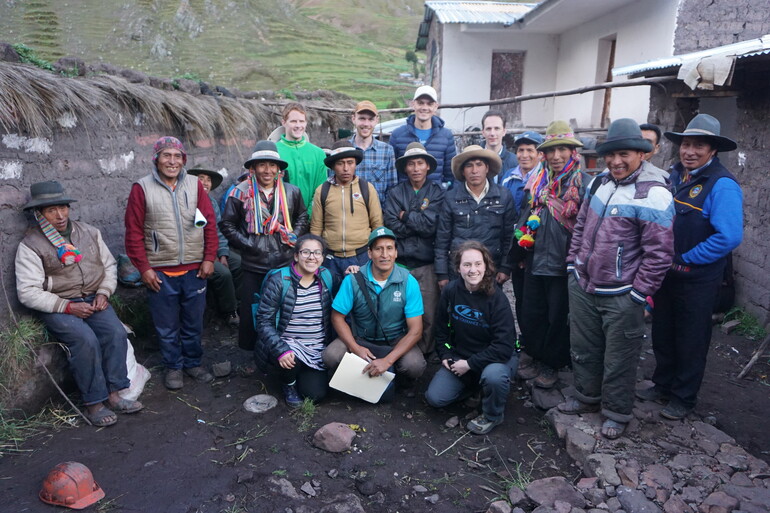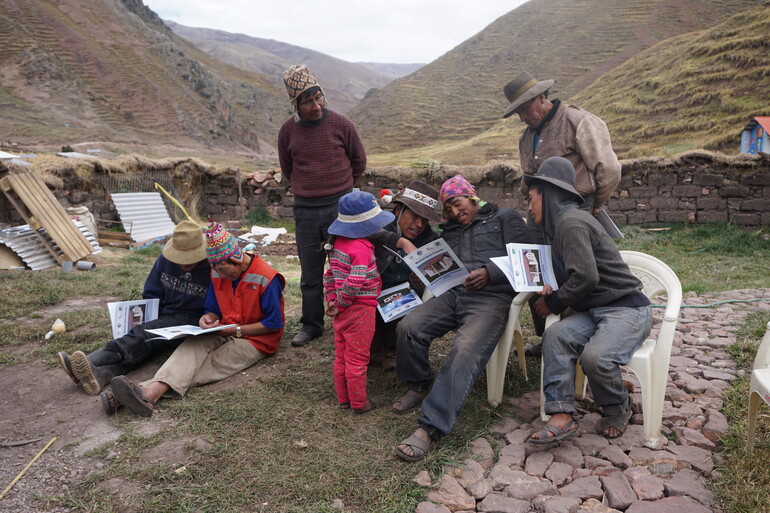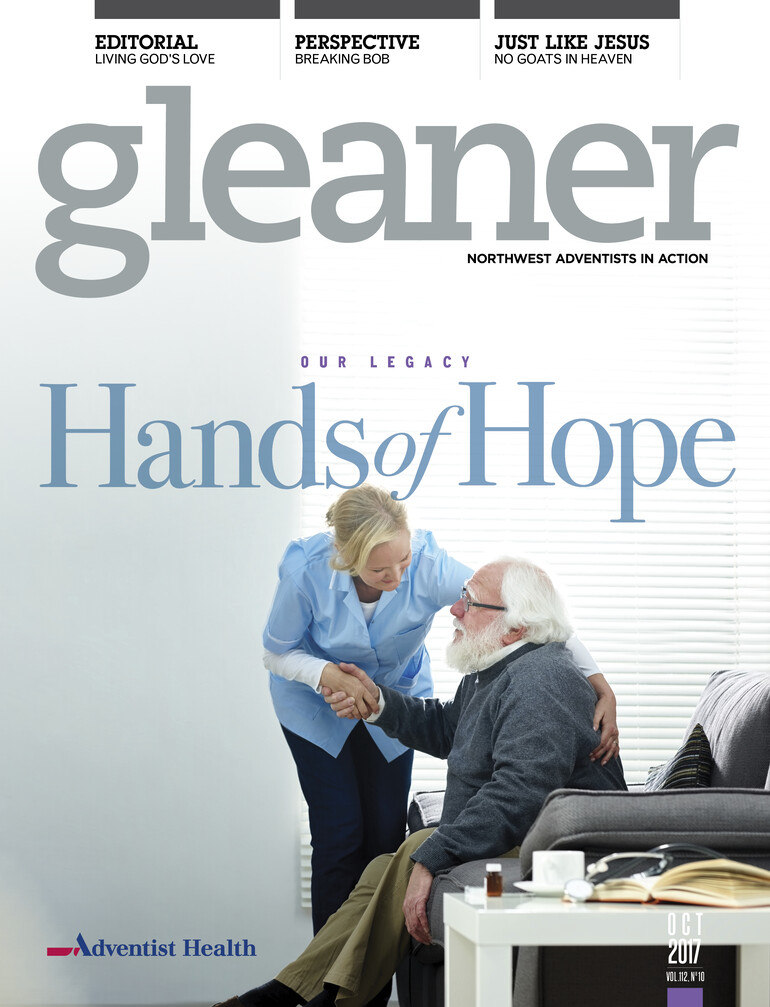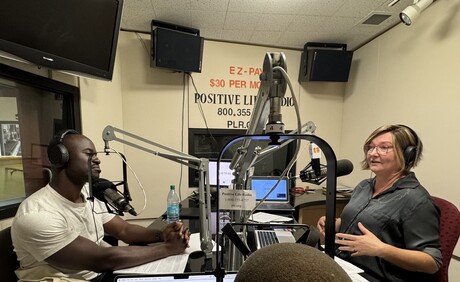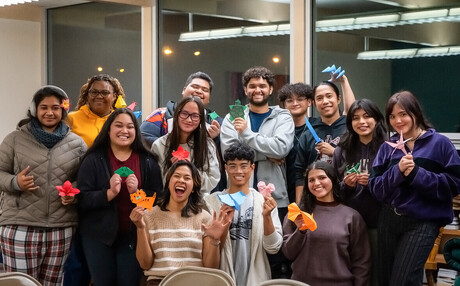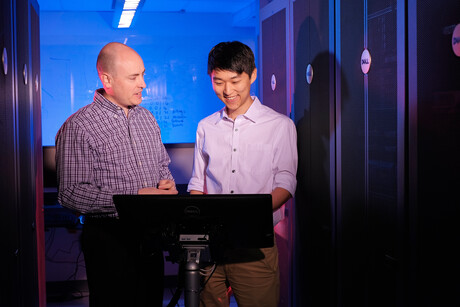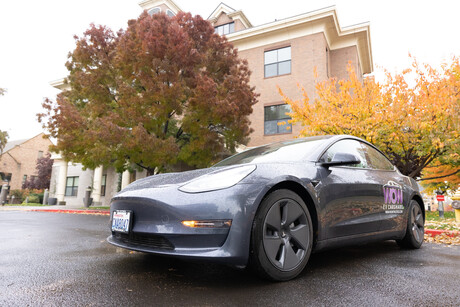Breathing is hard at 13,000 feet. Anything is hard really, but regions like the Peruvian Andes serve as a testament to humankind’s will to survive. Indigenous communities continue to live at altitudes of 13,000 feet and beyond, surviving on what they can grow, which isn’t much — mostly potatoes and corn. In part because they are so remote, many of these communities lack basic necessities such as health care, schools, potable water and electricity.
The Walla Walla University Engineers Without Borders (EWB-WWU) chapter — a multidisciplinary group comprised of WWU students and faculty — has spent the past four years working in one of these remote districts. The communities are so remote that when engineers first arrived, many of the locals had never seen foreigners before. Many were initially hesitant to trust EWB. In fact, EWB members were once accused of coming to mine the land for gold, but their commitment to partnership has slowly built trust. Alongside community members, EWB-WWU has constructed two potable water systems and, most recently, completed its first electricity project in Japura, Peru.
When asked why electricity was so important, Japura community members gave a unanimous response: We want our children to study at night. Japura is large enough for a two-room primary school, but in order to attend secondary school, children must walk about two hours each way every day. The sun sets in Peru at around 6 p.m. year-round, leaving children barely any time to study. Electricity would also revolutionize primary education. One teacher dreamed of purchasing a multimedia projector so “the children [wouldn’t] have to draw their lessons.”
EWB does not believe in quick fixes, barging into new territory, building something and leaving. The organization partners with communities to self-identify needs, which involves various assessment trips and lots of relationship-building. Once a need has been identified, engineers design a system with the intent that all parts can be sourced locally so the economy will benefit and community members can replace parts as needed. The community and local government pay for 30 percent of the project, ensuring their commitment and financial capacity to sustain the system.
As of June 2017, 76 homes in Japura have electricity. Individual photovoltaic (PV) systems provide each home with three lights and two electrical outlets, supplying light for up to 10 hours each day along with a small amount of power for other appliances such as televisions, radios and cell phone chargers. Families are using electricity to start and expand small businesses, which will allow them to achieve financial independence and to support their children. Children are able to study at night, and teachers are implementing technology in the classroom.
An electrical committee, comprised of dedicated community members, has been educated on how to properly care for and maintain the system. EWB’s vision is that these systems will continue to meet the community’s needs for years to come.
See what life is like in the village of Japura and watch a video of the EWB project in action at ewb-wwu.org/blog/media.
Stephanie Septembre, EWB-WWU cultural understanding lead




